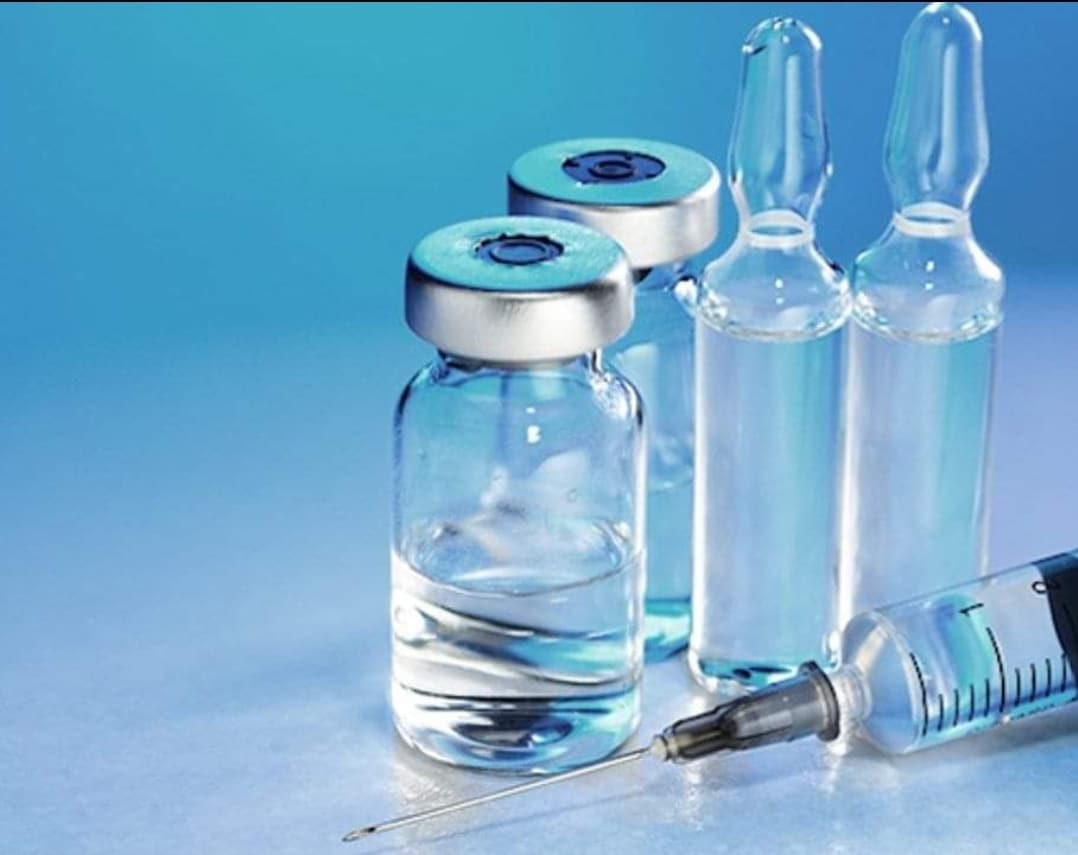USP In Process Filter Integrity Testing
The USP In Process Filter Integrity Testing is a critical step in ensuring that injectable and parenteral products meet stringent quality standards during manufacturing. This testing method ensures that filters are operating correctly before the product passes into the next stage of production, thereby preventing contamination and ensuring safety.
During this process, various factors such as pressure drop, flow rate, and visual inspection play a crucial role in determining filter integrity. The test parameters include setting up the appropriate equipment according to USP guidelines, calibrating it accurately, and conducting multiple runs to ensure consistency. Specimen preparation involves selecting an appropriate sample size that represents the production batch being tested.
The instrumentation used for this testing includes high-pressure pumps, manometers, and flow meters calibrated in accordance with international standards like ISO 13480-2:2017 or ASTM F1965. These instruments are essential to measure pressure drop across the filter during operation effectively. Visual inspection also helps identify any physical defects that may affect filtration performance.
The acceptance criteria for this test depend on the specific requirements outlined in USP Chapter 1207. Typically, these include maintaining a consistent pressure drop within ±5% of expected values and observing no significant changes between consecutive tests. Any deviations from these criteria necessitate further investigation into potential issues affecting filter performance.
By incorporating USP In Process Filter Integrity Testing into their quality control protocols, pharmaceutical manufacturers can enhance product safety while adhering to regulatory requirements. This proactive approach not only protects consumers but also enhances brand reputation by demonstrating commitment to high-quality standards throughout the manufacturing process.
To summarize, USP In Process Filter Integrity Testing is vital for ensuring that injectable and parenteral products are free from contaminants before proceeding further in production. It involves careful setup of equipment, accurate calibration, consistent testing procedures, appropriate specimen preparation, reliable instrumentation, and adherence to strict acceptance criteria outlined by the United States Pharmacopeia.
Why It Matters
The significance of USP In Process Filter Integrity Testing cannot be overstated in maintaining the highest standards of pharmaceutical quality. By performing this test early in the manufacturing process, manufacturers can detect and rectify any issues with filter integrity before they affect the final product. This proactive approach ensures that only reliable filters are used to produce injectable and parenteral medications, thus safeguarding patient safety.
Incorporating USP In Process Filter Integrity Testing into quality control protocols demonstrates a commitment to excellence in manufacturing practices. It helps protect consumers from potentially harmful contaminants while enhancing brand reputation through adherence to stringent regulatory requirements. Furthermore, it contributes significantly towards maintaining consistent product quality across different batches and production runs.
The implementation of this testing method also aligns with broader industry trends emphasizing continuous improvement and innovation within the pharmaceutical sector. By staying ahead of emerging challenges and adapting to new technologies and methodologies, manufacturers can ensure they remain at the forefront of best practices in drug development and manufacturing.
Ultimately, USP In Process Filter Integrity Testing plays a crucial role in upholding public trust by providing assurance that each batch of injectable and parenteral products meets rigorous quality standards. This commitment to excellence not only enhances patient safety but also fosters confidence among healthcare professionals and consumers alike.
Applied Standards
| Standard | Description |
|---|---|
| USP 1207 | United States Pharmacopeia chapter detailing procedures for in-process filter integrity testing. |
| ISO 13480-2:2017 | International Organization for Standardization specification on filtration systems and their performance evaluation. |
| ASTM F1965 | American Society for Testing and Materials standard defining methods for testing filter media. |
| IEC 60601-2-2:2018 | International Electrotechnical Commission standard addressing electrical safety requirements for medical equipment. |
The application of these standards ensures that the testing process adheres to internationally recognized guidelines, providing consistency and reliability across different laboratories and facilities. Compliance with such regulations is essential not only for ensuring product quality but also for meeting stringent regulatory expectations imposed by health authorities worldwide.
Environmental and Sustainability Contributions
Incorporating USP In Process Filter Integrity Testing into pharmaceutical manufacturing processes contributes positively to both environmental sustainability and corporate responsibility. By maintaining high-quality standards throughout production, manufacturers can minimize waste generation and reduce the likelihood of contamination incidents that could lead to product recalls or disruptions.
The use of reliable filtration systems during this testing process helps prevent cross-contamination between batches, which reduces the need for reprocessing or scrapping affected products. This efficiency enhances resource utilization while reducing energy consumption associated with additional manufacturing steps. Additionally, adhering to stringent quality control measures strengthens supply chain management by ensuring consistent product performance across various geographic locations.
Furthermore, aligning with USP In Process Filter Integrity Testing fosters a culture of continuous improvement within the pharmaceutical industry, encouraging innovation and technological advancements aimed at addressing current challenges faced by healthcare providers globally. By staying ahead of regulatory changes and adopting cutting-edge solutions, manufacturers can contribute meaningfully towards achieving sustainable development goals (SDGs).
In summary, implementing USP In Process Filter Integrity Testing aligns with broader efforts toward environmental stewardship and corporate responsibility within the pharmaceutical sector. Through rigorous quality control measures, manufacturers not only enhance product safety but also play a pivotal role in promoting sustainable practices that benefit both patients and planet alike.





